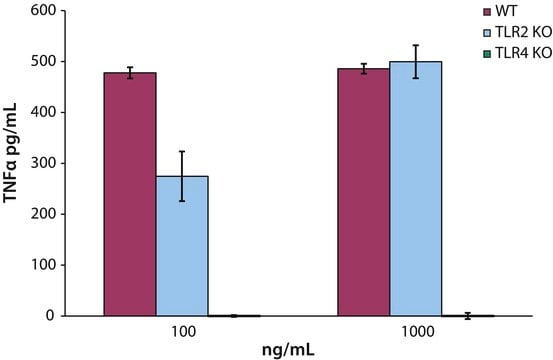870602C
Avanti
PGPC
Avanti Research™ - A Croda Brand 870602C
Synonym(s):
1-palmitoyl-2-glutaryl-sn-glycero-3-phosphocholine
About This Item
Recommended Products
form
liquid
packaging
pkg of 1 × 1 mL (870602C-1mg)
pkg of 1 × 1 mL (870602C-5mg)
manufacturer/tradename
Avanti Research™ - A Croda Brand 870602C
concentration
1 mg/mL (870602C-1mg)
5 mg/mL (870602C-5mg)
lipid type
phospholipids
phosphoglycerides
shipped in
dry ice
storage temp.
−20°C
SMILES string
[O-]P(OCC[N+](C)(C)C)(OC[C@]([H])(OC(CCCC(O)=O)=O)COC(CCCCCCCCCCCCCCC)=O)=O
Application
Biochem/physiol Actions
Packaging
Legal Information
Signal Word
Danger
Hazard Statements
Precautionary Statements
Hazard Classifications
Acute Tox. 3 Inhalation - Acute Tox. 4 Oral - Carc. 2 - Eye Irrit. 2 - Repr. 2 - Skin Irrit. 2 - STOT RE 1 Oral - STOT SE 3
Target Organs
Liver,Kidney, Respiratory system
Storage Class Code
6.1D - Non-combustible acute toxic Cat.3 / toxic hazardous materials or hazardous materials causing chronic effects
WGK
WGK 3
Flash Point(F)
does not flash
Flash Point(C)
does not flash
Certificates of Analysis (COA)
Search for Certificates of Analysis (COA) by entering the products Lot/Batch Number. Lot and Batch Numbers can be found on a product’s label following the words ‘Lot’ or ‘Batch’.
Already Own This Product?
Find documentation for the products that you have recently purchased in the Document Library.
Our team of scientists has experience in all areas of research including Life Science, Material Science, Chemical Synthesis, Chromatography, Analytical and many others.
Contact Technical Service










